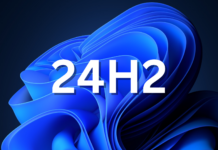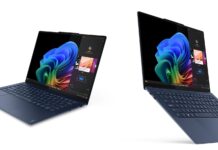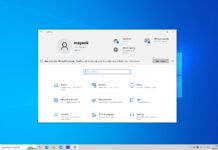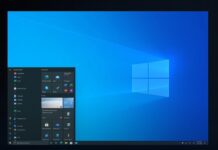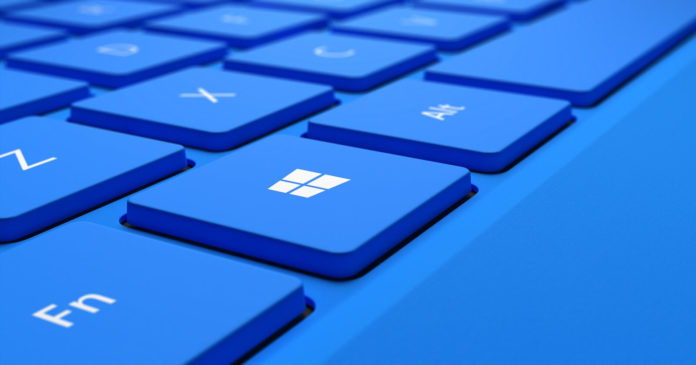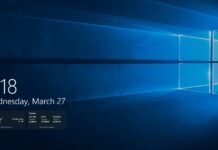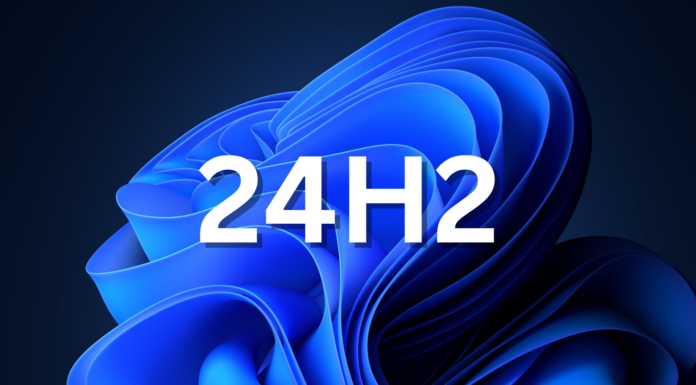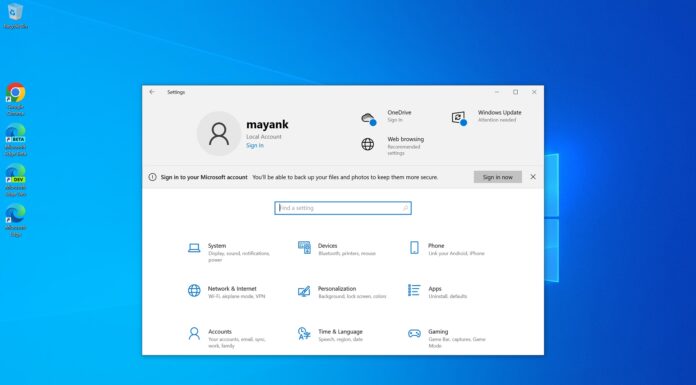In November, Microsoft acknowledged a bug that caused Windows 10 to fail to remember passwords in Chrome, Edge, OneDrive and other apps. The problem appears to happen randomly and to different applications, which makes bug tracking more difficult.
The frustrating Windows 10 bug basically prevents software from remembering account credentials. In other words, affected user has to re-enter their username and password after casually using their PC.
“After upgrading to Windows 10 version 2004, Windows is no longer remembering my credentials/passwords in apps across the system (including the browser) and continually prompting me to sign in again,” one user noted in the Feedback Hub.
The reports of the problem first surfaced in April and it’s finally getting fixed in the next cumulative update, which is expected to arrive in February or March.
Users revealed that passwords are forgotten for apps like OneDrive, Outlook, Microsoft Edge, Microsoft account, Google account, Chrome, Adobe CC, etc.
According to Google researcher Tavis Ormandy, Task Scheduler will sometimes clobber your saved credentials in LSASS, which is used for DPAPI User Encryption Key. As a result, passwords/credentials are randomly ignored and users are asked to enter their credentials again.
Microsoft has discovered a permanent solution for a frustrating bug that prevents apps from storing account credentials, and the fix is currently rolling out to testers in the Windows Insider program.
“This issue in Windows affects only a comparatively small number of users with S4U task and it’s now fixed in the latest Windows 10 insider channel,” wrote Eric Lawrence, Microsoft Edge Program Manager.
The flaw, which is also said to be deleting cookies in web browsers, will be fixed for the general public in the next optional update before heading to all machines in the Patch Tuesday release.

